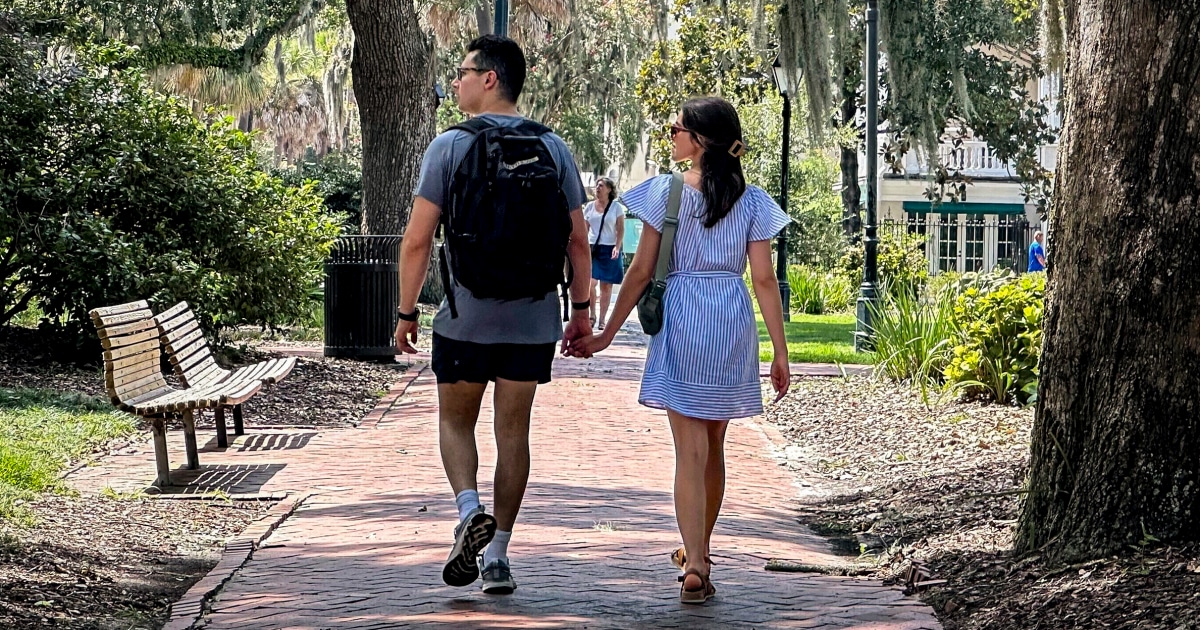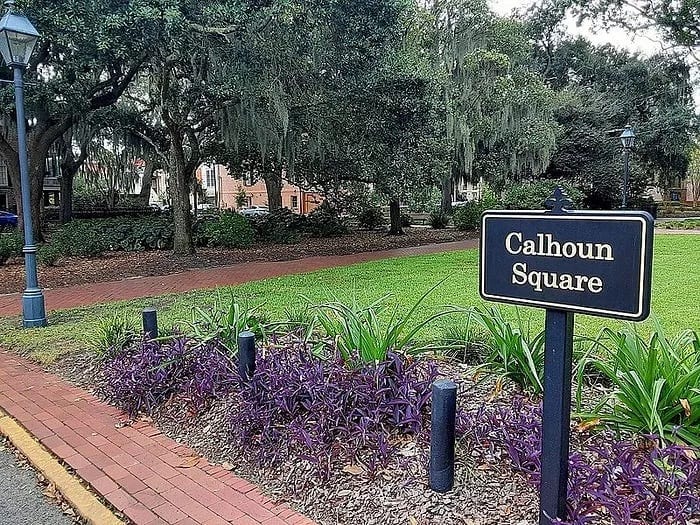Who was the most racist person in America, past or present? I can think of dozens who contended for the title. Yet, one man has done more to distinguish himself in this category than anyone I can think of. That man, John C. Calhoun, had his name removed from a square in Savannah that bore his name for 170 years. It was renamed for Susie King Taylor, who taught formerly enslaved people to read after the Civil War and was the only Black woman to write a memoir of her life during the war.

Bestowing the title “Chief Racist” wasn’t as hard as one might think. America’s borders are what they are because of Calhoun and those he persuaded. Much of what is now Mexico might be part of the United States, but for his insistence, we didn’t want any more of Mexico because there were “too many Mexicans.”
“Nor have we ever incorporated into the Union any but the Caucasian race," said Calhoun. "To incorporate Mexico would be the first departure of the kind; for more than half of its population are pure Indians, and by far the larger portion of the residue mixed blood. I protest against the incorporation of such a people. Ours is the Government of the white man.”
Before Ron DeSantis extolled the benefits of slavery, Calhoun talked about it, though he may have only intended the benefit for white people.
“I take higher ground," he said. "I hold that in the present state of civilization, where two races of different origin, and distinguished by color, and other physical differences, as well as intellectual, are brought together, the relation now existing in the slaveholding States between the two, is, instead of an evil, a good — a positive good. . . . I hold then, that there never has yet existed a wealthy and civilized society in which one portion of the community did not, in point of fact, live on the labor of the other.”
“There is no instance of any civilized colored race of any shade being found equal to the establishment and maintenance of free government,” Calhoun argued. He pointed to the impoverished living conditions of Northern free blacks as proof that black people lacked the ability to exercise their freedom positively.
In Calhoun’s view, slavery benefited black people.
"Never before has the black race…from the dawn of history to the present day, attained a condition so civilized and so improved, not only physically, but morally and intellectually," he said. "It (slaves) came to us in a low, degraded, and savage condition, and in the course of a few generations, it has grown up under the fostering care of our institutions.”
All of these statements were made on the Senate floor, and he repeated those views as Vice President of the United States. Calhoun is the only Vice President to resign voluntarily. Spiro T. Agnew quit to avoid a jail sentence. Calhoun resigned with three months left in his term to be elected to the US Senate and fight for “nullification,” which allowed States to ignore federal laws if they saw fit.
Nowhere near last and certainly not least, Calhoun, more than any other man, is responsible for starting the Civil War. Though he died over a decade before the war began, his nullification policy and advocacy of states’ rights set the stage for secession and later war to protect the institution he found dear and necessary to the South: slavery.
Savannah is the oldest city in Georgia, and its municipal design includes 24 squares, including the one named after Calhoun. All but one of Savannah’s squares were designed before the Civil War. None were named for Black people, and many were named for slaveholders like Calhoun.
The City Council of Savannah, now having five Black women among its nine members, voted to remove Calhoun’s name from the square. There were objections, including Black resident David Tootle, who felt Calhoun was a historical figure and his name shouldn’t be removed from the square;
“It’s not about Calhoun; It’s the fact that we’re erasing history," said Toole. Tootle filed a lawsuit and sought an injunction to prevent the City Council from changing the name, but the judge never ruled on his proposed request. The city did agree to erect a plaque showing the original name and why it was removed.
The woman the square is now named for, Susie King Taylor, was born enslaved and taught how to read by her free grandmother. She became the first Black teacher to educate Black Americans in Georgia and served as a nurse during the Civil War. After the war, she opened a school for Black children and then wrote her memoir about her war experiences.
There’s no record of Calhoun ever visiting Georgia, though a county in SW Georgia bears his name. Susie King Taylor did more for Georgians than Calhoun ever did unless you count all of Georgia’s sons who died fighting to preserve slavery. I’d much rather have a square named for her than him.
This post originally appeared on Medium and is edited and republished with author's permission. Read more of Jeremy Heligar's work on Medium.

